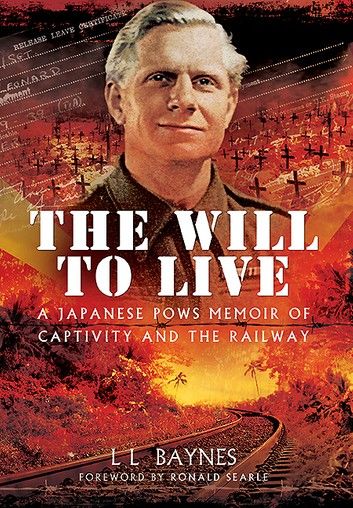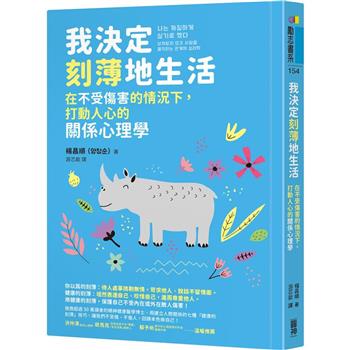| FindBook |
有 3 項符合
The Will to Live的圖書 |
 |
The Will to Live 作者:L.L. Baynes 出版社:Pen & Sword Books 出版日期:2013-06-26 語言:英文 |
| 圖書館借閱 |
| 國家圖書館 | 全國圖書書目資訊網 | 國立公共資訊圖書館 | 電子書服務平台 | MetaCat 跨館整合查詢 |
| 臺北市立圖書館 | 新北市立圖書館 | 基隆市公共圖書館 | 桃園市立圖書館 | 新竹縣公共圖書館 |
| 苗栗縣立圖書館 | 臺中市立圖書館 | 彰化縣公共圖書館 | 南投縣文化局 | 雲林縣公共圖書館 |
| 嘉義縣圖書館 | 臺南市立圖書館 | 高雄市立圖書館 | 屏東縣公共圖書館 | 宜蘭縣公共圖書館 |
| 花蓮縣文化局 | 臺東縣文化處 |
|
|
圖書介紹 - 資料來源:樂天KOBO 評分:
圖書名稱:The Will to Live
The Author kept a diary recording his 1,000 days of captivity at the hands of the Japanese army. The difficulties and risks involved in this task were immense, yet he persevered although it meant deliberately defacing and cutting up the small pieces of paper. As a result, his memoir is both contemporaneous and entirely reliable.
Reading this account of life and death during the fruitless fighting and his subsequent captivity in numerous camps in Singapore and on the Death Railway in Thailand is a humbling and moving experience. He describes not just the appalling hardship and brutality but, tellingly, his relationships with fellow POWs, his captors and the local population. As an NCO, Len found himself ‘fronting up’ for his men and, being a self-sufficient man with strong beliefs, this led to some difficult situations, at times, with both the Japanese and his British superiors. While critical about a number of the latter, he has nothing but respect for others such as the legendary Colonel Toosey of Tamarkan Camp.
Thanks to his honest and direct style, The Will To Live is a fine and inspiring firsthand example of the ever popular Japanese POW/Railway of Death genre. It reveals much about the nightmare experiences suffered by the Author and his colleagues and the way they coped under the most adverse conditions. His drawings complement the text and the Foreword by Ronald Searle, also a POW, speaks for itself.
|











